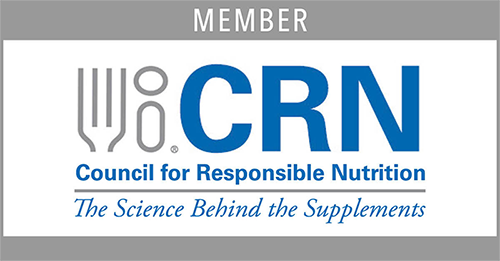What is It?*
Source Type: Water-soluble compound (neither a vitamin or a mineral)
Source(s):
- Naturally found in plant and animal foods (meat, eggs, poultry, dairy, potatoes, cruciferous vegetables, legumes, nuts, seeds, whole grains)
- Can be produced endogenously by the liver, but only in small amounts
- Chemically synthesized in labs, often in forms of choline citrate, choline bitartrate, or choline chloride
Choline is a water-soluble nutrient that is technically neither a vitamin or a mineral. However, it is often grouped with B-vitamins due to its similar functions and interactions with some B-complex vitamins. The brain and nervous system need choline to regulate memory, mood, and muscle control. It is also a key component of the structure and integrity of cell membranes.
Benefits*
Choline is beneficial for improving cognitive function, protecting the liver, supporting fetal development, and maintaining cardiovascular health.
Effectiveness*
Some studies have found that choline may help improve aspects of cognitive function, such as verbal and visual memory. However, other studies have found that choline supplements do not improve cognition in healthy adults or in patients with cognitive disorders. Thus far, the evidence is mixed and choline may or may not provide cognitive benefits.
One of choline’s roles is to help prevent the accumulation of fats in the liver. Because of this, choline is effective for maintaining proper liver function and to prevent nonalcoholic fatty liver disease (NAFLD). There is no evidence that choline can reverse or treat NAFLD, but it can certainly help prevent the condition.
Choline has been found to be critical for the closure of the neural tube during fetal development and is often an important component of prenatal vitamins.
Some researchers have found that choline might help protect cardiovascular health by reducing blood pressure, altering lipid profiles, and reducing homocysteine levels. However, it’s important to note that other research suggests that higher amounts of choline might actually increase cardiovascular risk. Thus, more research is still needed to determine whether choline supplements may be beneficial or not.
Risks*
High intakes of choline are associated with adverse effects, such as a fishy body odor, vomiting, excessive sweating, low blood pressure, and liver toxicity. In addition, excessive choline intake may contribute to the production of TMAO, a compound linked to an increased risk of cardiovascular disease.



